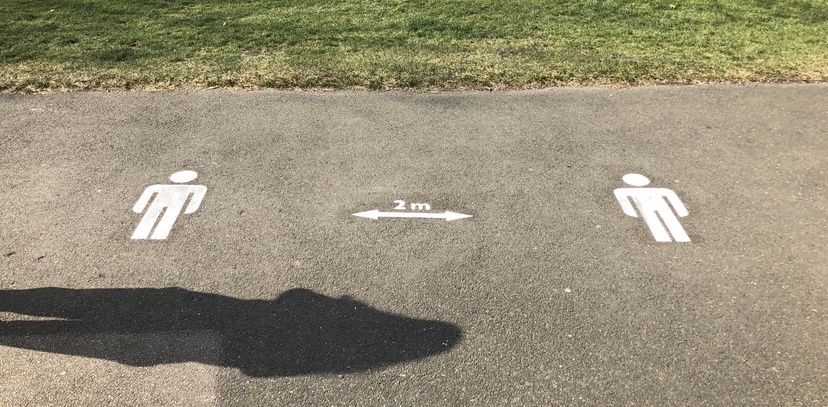
In November 2021, our Senior Researcher Olimpia Mosteanu joined a group of researchers convened by the National Centre for Research Methods to explore how research practices are changing as a result of COVID-19.
The National Centre for Research Methods project ("Changing Research Practices III: Engaging with uncertainty and Covid-19"), now in its final phase, is funded by the ESRC and started in August 2020. Initially, it looked at how COVID-19 was disrupting social research practices and was making researchers reconsider their research designs, rethink research ethics, and adapt their methods.
The third and final phase of the project is exploring how researchers are engaging with the contextual uncertainty of COVID-19 to manage methodological contingencies. The aim of the National Centre for Research Methods project is to provide support and develop resources for researchers, and produce a journal special issue.
Social Life's participation in the National Centre for Research Methods project is focused on the impact that the COVID-19 pandemic has had on participatory research practices. While there has been increased consideration of the challenges and possibilities for social research during COVID-19, less attention has been paid to the impacts of the pandemic on collaborative and co-designed research processes.
Given the additional burdens faced by local groups since March 2020, the Social Life team noticed new barriers to this type of research. The participatory research initiatives we have been engaged in since March 2020 have started to explore some of these issues (some examples here and here). Working alongside the National Centre for Research Methods will allow us to further explore these topics and develop resources to support others researchers and groups who are engaged in collaborative research projects.